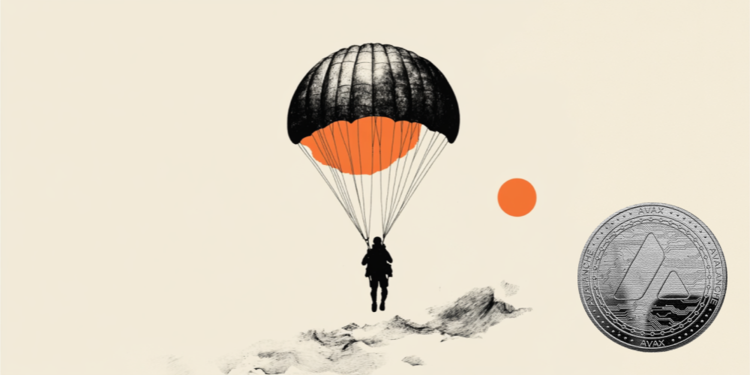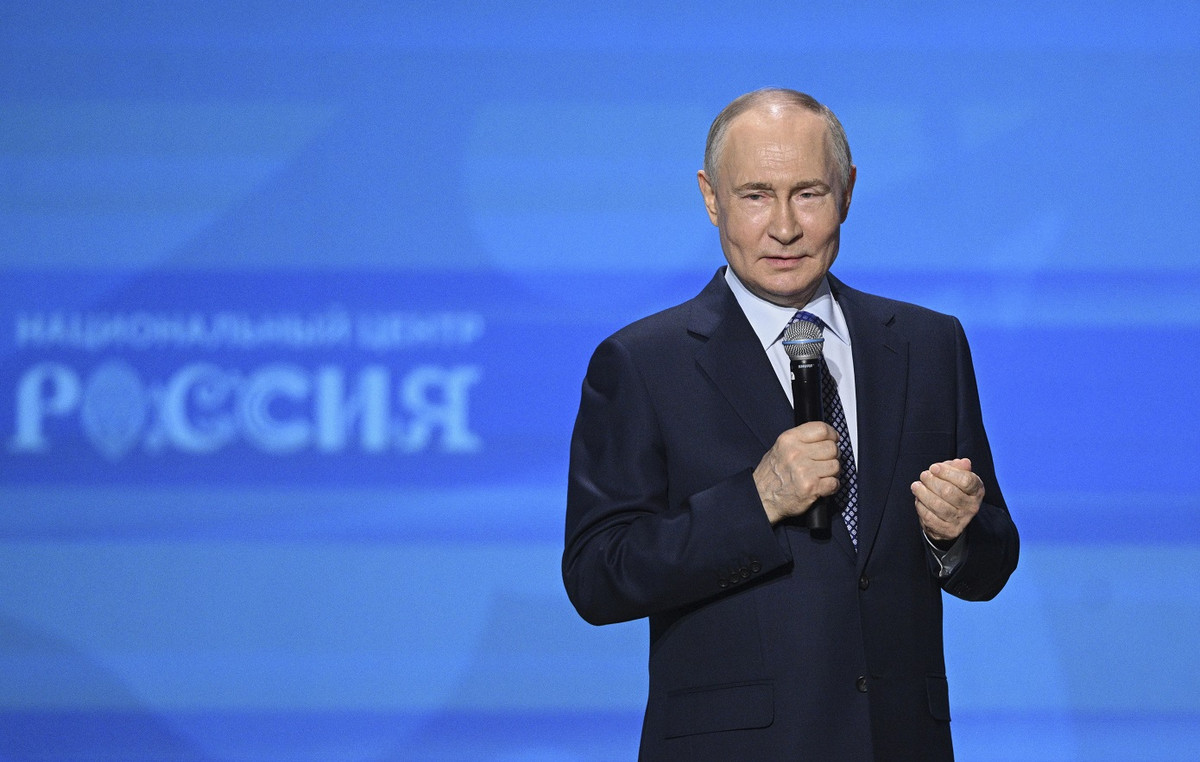European Union countries have adopted a 14th package of sanctions against Russia that aims to fill some gaps and affects Russian gas exports for the first time, EU foreign ministers announced this Monday (24).
Western powers imposed sweeping sanctions on Moscow after Russia launched a full-scale invasion of Ukraine in February 2022, which have been progressively intensified since then.
The new gas restrictions aim to reduce Russia’s revenue from liquefied natural gas (LNG) exports by banning transshipments – transferring cargo from one ship to another – at EU ports and a clause allowing Sweden and Finland to cancel some LNG contracts.
The measures fall short of an EU ban on LNG imports, which have increased since the start of the war.
The sanctions will come into force after a nine-month transition period. The package also prohibits new investments and services to complete LNG projects under construction in Russia.
Gas market experts say the move is likely to have little impact as Europe still buys Russian gas and transhipments through EU ports to Asia only account for around 10% of total Russian LNG exports.
An EU official said the estimated impact on Russia would be millions of euros, not billions.
Some Central European countries still receive gas from Russia through Ukraine. The EU banned Russian oil imports in 2022, with some limited exemptions.
List of sanctions
The new package aims to limit sanctions evasion by creating more accountability and sanctions at Member State level for those who break the rules.
It adds 116 entities and individuals to the sanctions list, bringing the total to more than 2,200.
In a separate move, the EU also announced sanctions against six people it said were involved in Russian “malicious cyber activities” against EU countries and Ukraine, linking four of them directly to Russian intelligence and security services.
The European Commission, the EU’s executive arm, also proposed expanding the so-called “No to Russia clause”, approved in a previous package. The measure would have obliged affiliates of EU companies in third countries to ban the re-export of certain goods to Russia, including dual-use goods for military purposes, as well as ammunition and firearms.
However, the order fell through at the request of Germany. The clause could be added later, pending an impact assessment, diplomats said.
In a further move to undermine Moscow’s trading capacity, the package prohibits EU banks outside Russia from using Moscow’s SPFS system, its equivalent to the global SWIFT payments system. Western powers banned Moscow from SWIFT in 2022.
“It also allows the Council to draw up a list of banks from non-Russian third countries linked to this system; these banks will be banned from doing business with EU operators,” said a statement from the European Commission.
Parallel fleet
The package also aims to crack down on the so-called parallel fleet that aids Russia’s war effort by creating a framework to add ships to the sanctions list, such as tankers that bypass the price cap for Russian oil set by Group of Seven nations, as well as ships transporting North Korean munitions to Russia.
The ships could be assigned to cases including the “transport of military equipment to Russia, the transport of stolen Ukrainian grain and… the transport of LNG components or LNG transshipments,” the EU ministers’ statement said. Diplomats said 27 ships – mostly oil tankers – would be listed initially and more would be added later.
The EU also sanctioned Russian state giant Sovcomflot and its CEO, Igor Vasilyevich Tonkovidov, according to measures published in the EU’s Official Journal on Monday.
Included in the measures are restrictions on helium, rare earths and manganese ores, as well as limits on Russian funding for think tanks and NGOs.
The EU also postponed for six months the start of the mandatory full traceability regime for imports of rough and polished diamonds into the bloc – until March 1, 2025 – as the latest package changed the import ban on Russian diamonds, one of the biggest shake-ups to the industry in decades, agreed in the 12th package.
The United States is reassessing the strictest elements of its ban on Russian diamonds from the G7’s major democracies, following opposition from African countries, Indian gem polishers and New York jewelers, seven sources told Reuters in May.
EU countries are now debating a package that would better align sanctions against Belarus imposed before Moscow’s invasion of Ukraine with those targeting Russia since 2022.
Belarus has been a major gap for goods arriving in Russia, but members have been reluctant to address this issue due to concerns surrounding Belarusian fertilizer exports.
Source: CNN Brasil
Bruce Belcher is a seasoned author with over 5 years of experience in world news. He writes for online news websites and provides in-depth analysis on the world stock market. Bruce is known for his insightful perspectives and commitment to keeping the public informed.







